COLUMN: Is social media use turning us into narcissists?
Kortny Feller (right) and Catherine Wilson pose for a “selfie”.
In today’s society, we are told time and time again “self-love is the key to happiness” and “acceptance for oneself is above all.” Believe me, I know it’s important too, but at what point does admiration for ourselves turn to narcissism and what exactly is the cause of the sudden uprise of it?
In this day and age, we are dominated by social media apps that somehow determine our self worth by the number of likes our pictures get on Instagram or even the number of friends we have on Facebook. Studies are now showing; you guessed it. Social media has had a direct correlation with the sudden increase in our narcissistic society.
Much has been written about the rise in narcissism among millennials.
According to PsychologyToday.com, Jean M. Twenge, an American Psychologist explains in her most recent work The Narcissistic Epidemic: Living in the Age of Entitlement, states:
“In data from 37,000 college students, narcissistic personality traits rose just as fast as obesity from the 1980s to the present.”
This implicitly states that narcissism is another epidemic alongside obesity in America, which may not come as much of a surprise.
What may be a little shocking though, is that a handful of studies have compared traits and life goals of students both in high school and college and these studies have come to show an increase in extrinsic values rather than intrinsic values. Millennials are likely to value money, image and fame over community, affiliation and self-acceptance.
Overall, social media websites encourage self-promotion, as users are the ones generating all the content provided.
According to W. Keith Campbell, also an American psychologist best known for his research on narcissism, people often utilize Facebook “to look important, look special and to gain attention and status and self-esteem.”
The issue with social media is that most times, people create unrealistic versions of themselves, selecting the most attractive picture for their profile picture and posting incessantly their most attractive and entertaining bits of news so that people will know what they’re doing at all points of the day. The reason that this can be so harmful is that it paints an unrealistic portrait for others to compare themselves to.
According to Jean M. Twenge, via psychologytoday.com, “Self esteem differs from narcissism in that it represents an attitude based on accomplishments, values we’ve adhered to and care we’ve shown towards others. Narcissism, conversely, is often based on a fear of failure or weakness, a focus on one’s self, an unhealthy drive to be seen as the best, and a deep-seated insecurity and underlying feeling of inadequacy.”
The truth is, the rise in narcissism within the years may not only be just social media and but also social networks at home.
Children often develop characteristic traits by the time they are seven to eight years old. Thus meaning, if we continue to praise children for things they haven’t mastered and reward them for achievements they haven’t met, it will actually leave them feeling more insecure. Parents and teachers trying to instill “self-esteem” in children by lavishly praising them often do more harm than good. Children offered compliments for talents that they do not have are left feeling emptier and more insecure. Only when children are praised for real accomplishments are they able to build actual self-esteem.
Empty praise can leave a child to feel entitled while lacking the true and necessary confidence one needs to feel good about themselves. Though it is certain that social networks do play in an individuals mental health, I believe that the solution to fostering a less narcissistic society in the future is to instill a healthy and true sense of confidence in kids offline, before they are able to make their first status update. Only by being less self-absorbed can we impart these values to future generations.


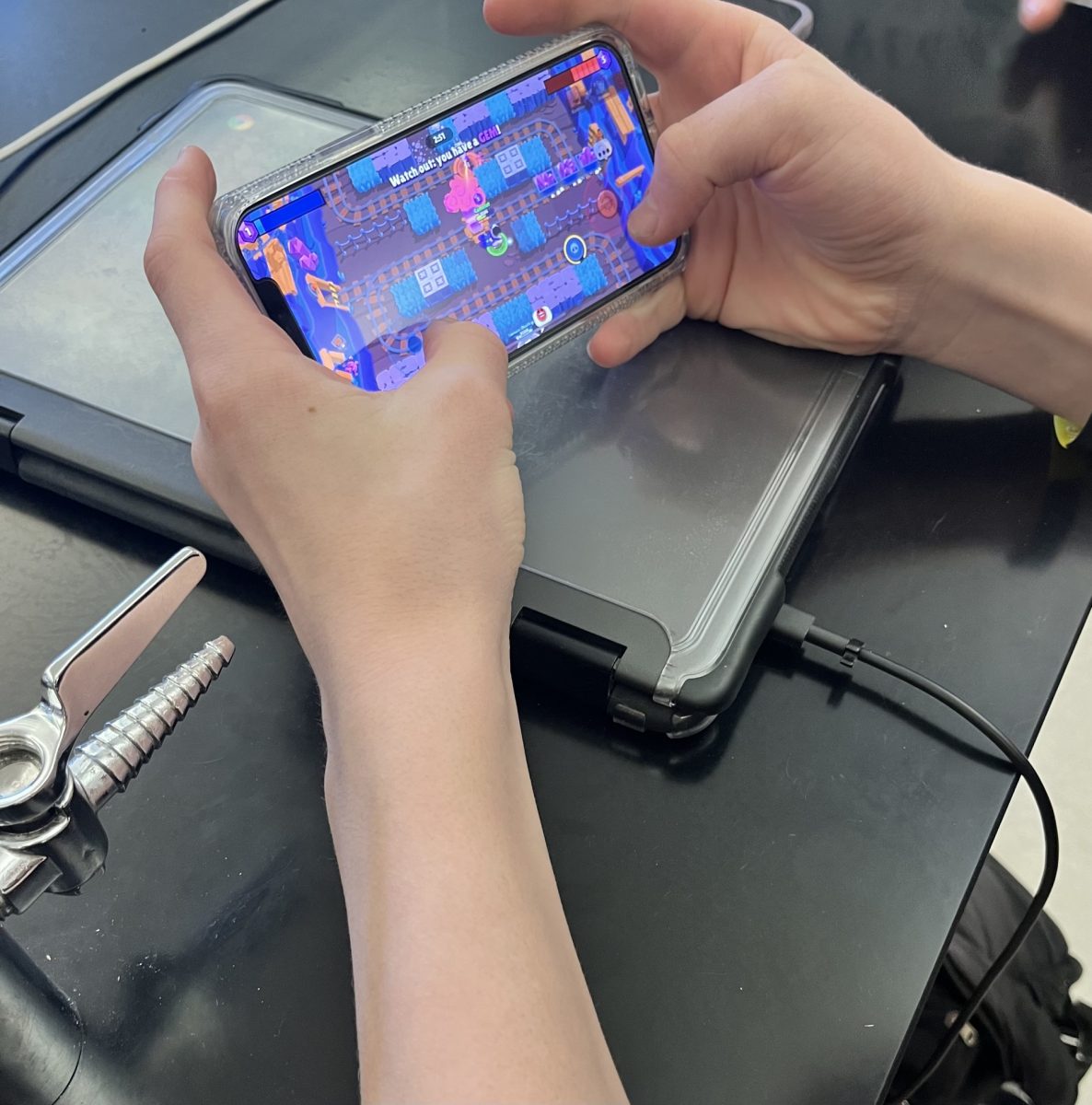


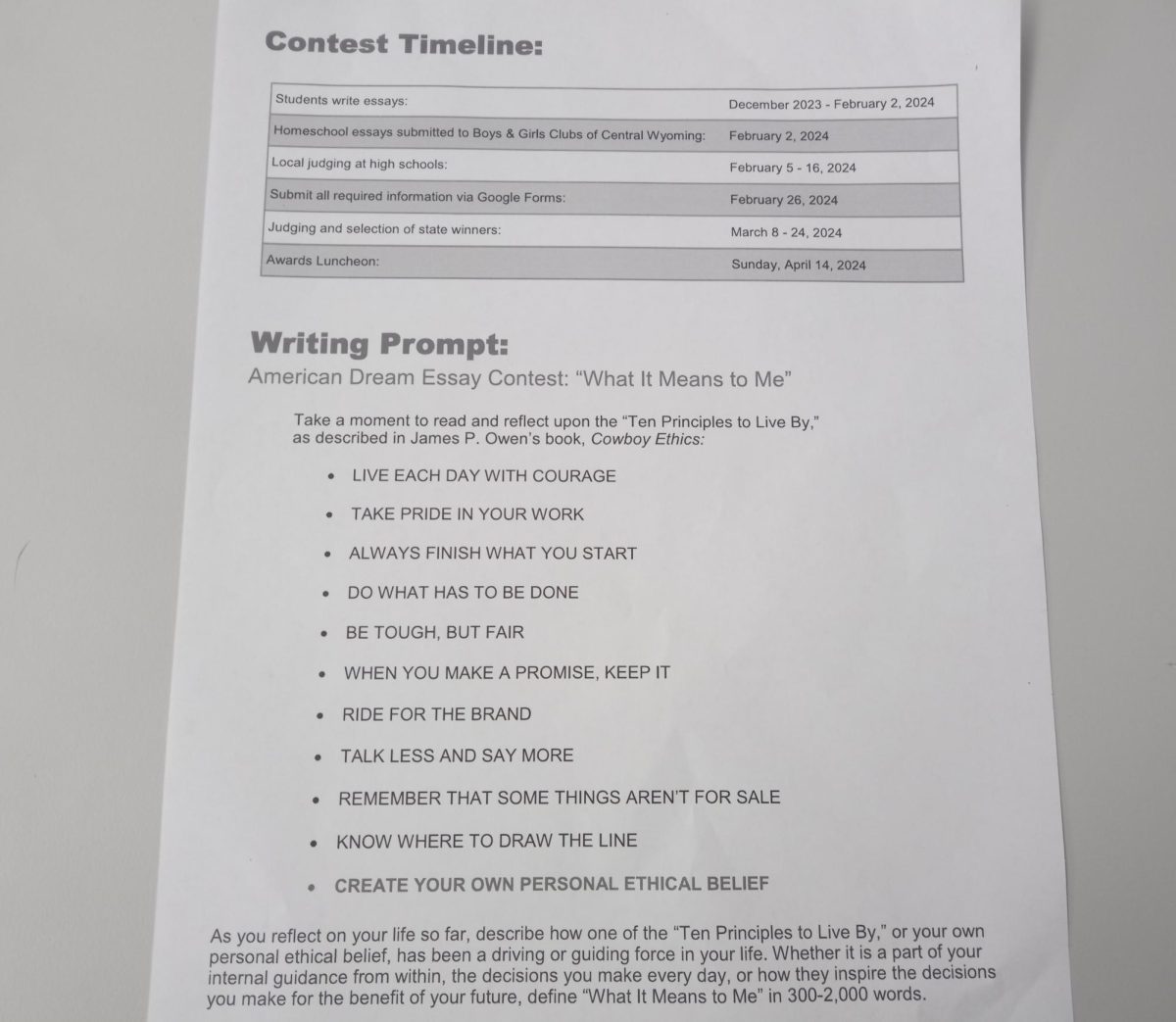
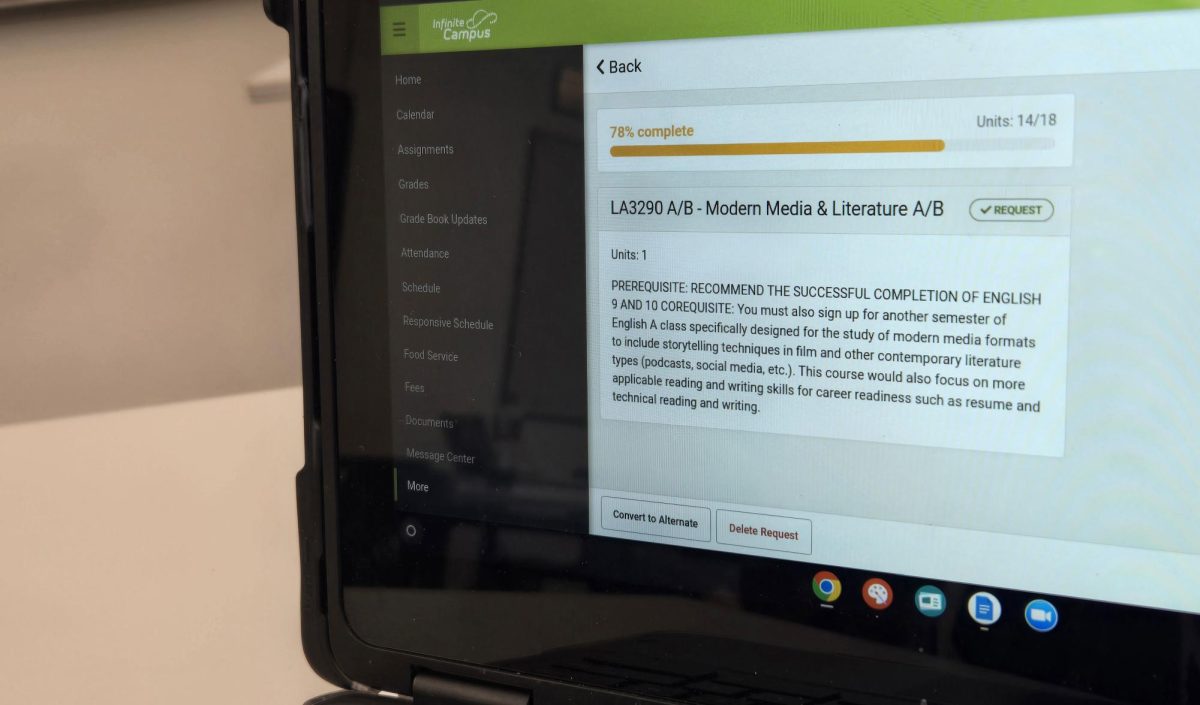


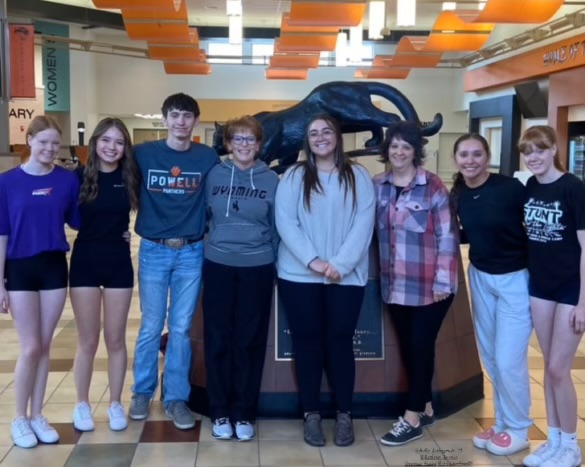













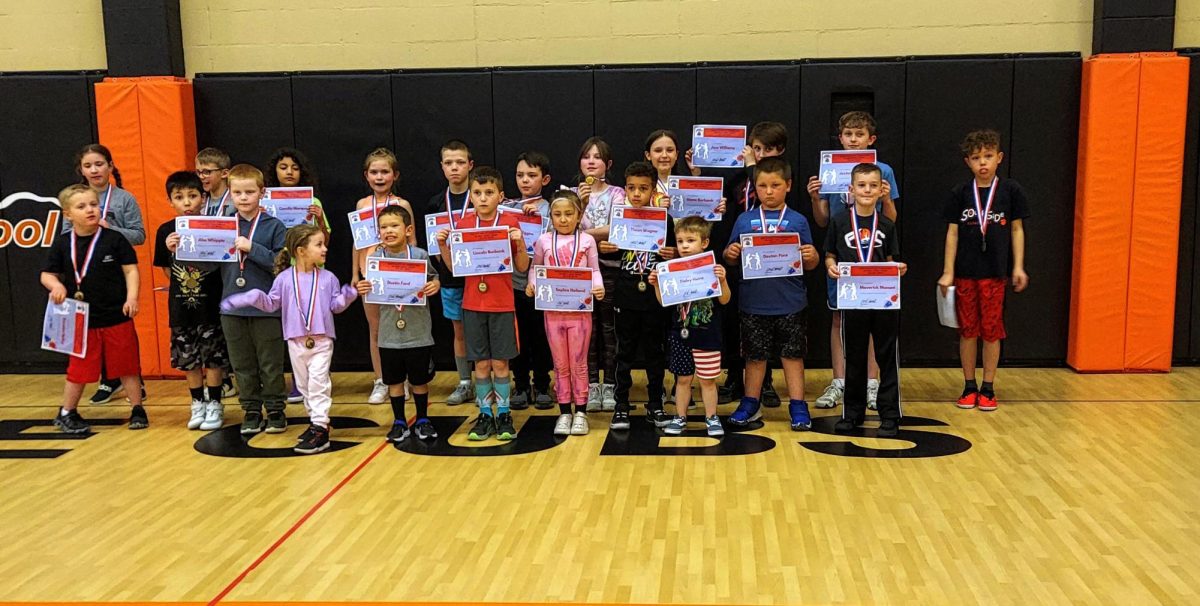
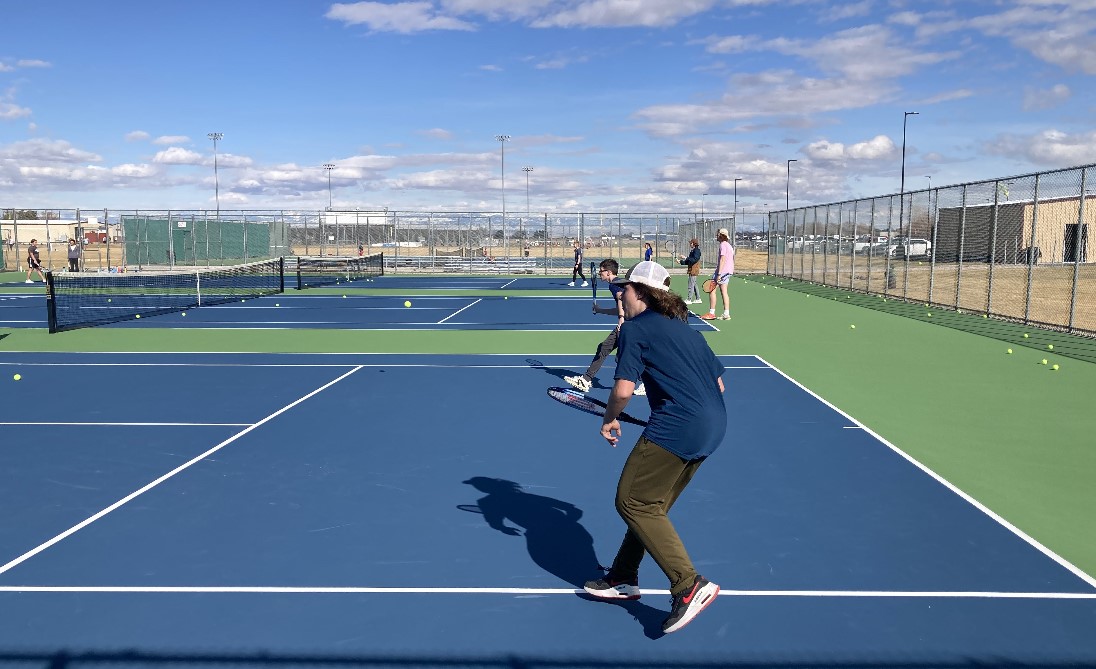
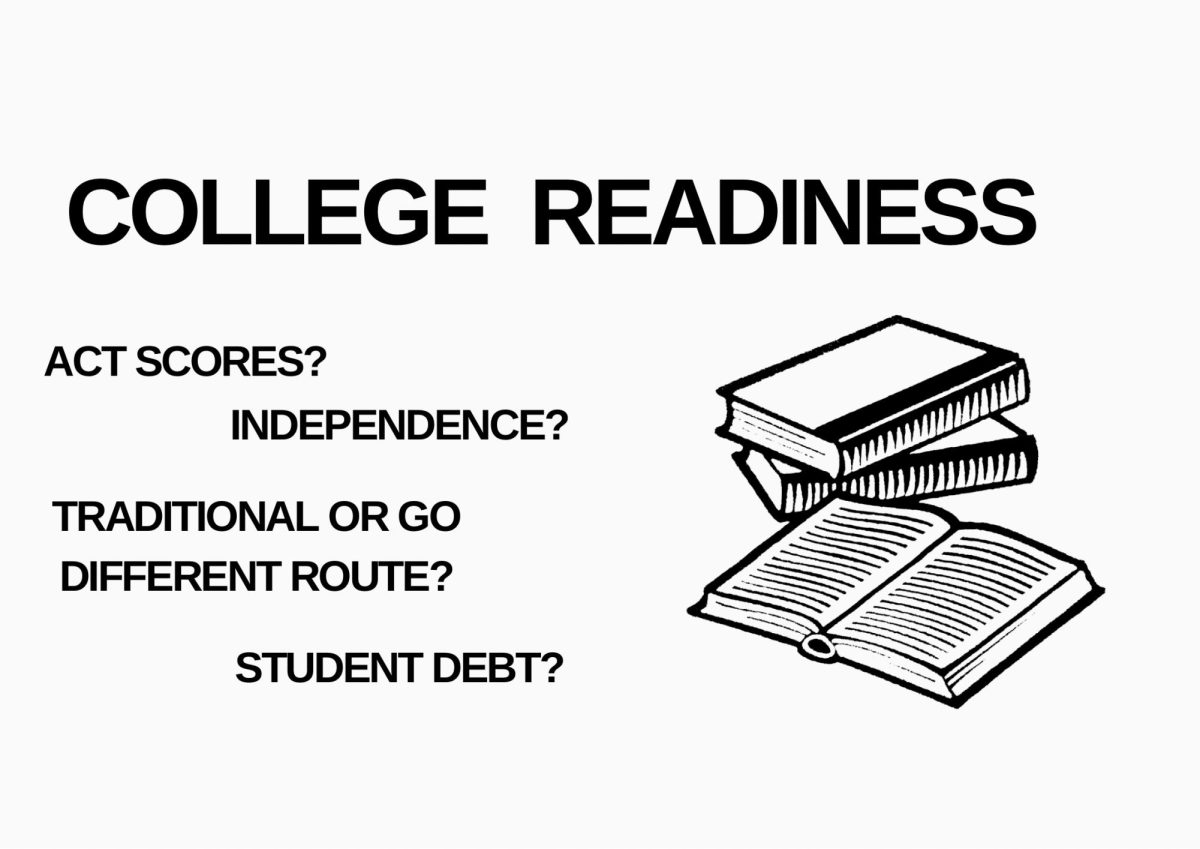


















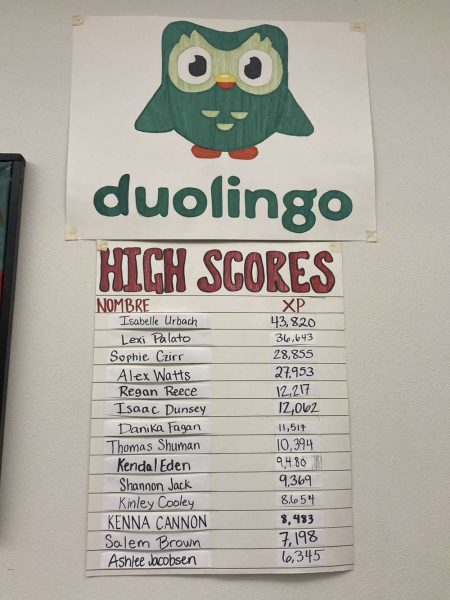



Brandon Preator • Jan 29, 2019 at 3:45 pm
AMEN! Entitled, spoiled, conceited, self-absorbed, narcissistic. Just a few of many adjectives we can use as labels for WHAT generation? OURS! We ALL are engendering these traits and attributes in our students, our children, our grandchildren…..and ourselves. Mobile devices and social media have helped fuel the flames. I’m as bad as the next guy/gal. Like the article says, confidence is important. Every person is different, so each person’s prescription will be slightly different. But, we shouldn’t take ourselves too seriously. We need to be optimistic, yet realistic. And sometimes we just need to shut up, listen and realize we are wrong; we are fallible; we make mistakes; and we don’t deserve everything just for being human. Very insightful article! Thanks for the opportunity to self-evaluate!